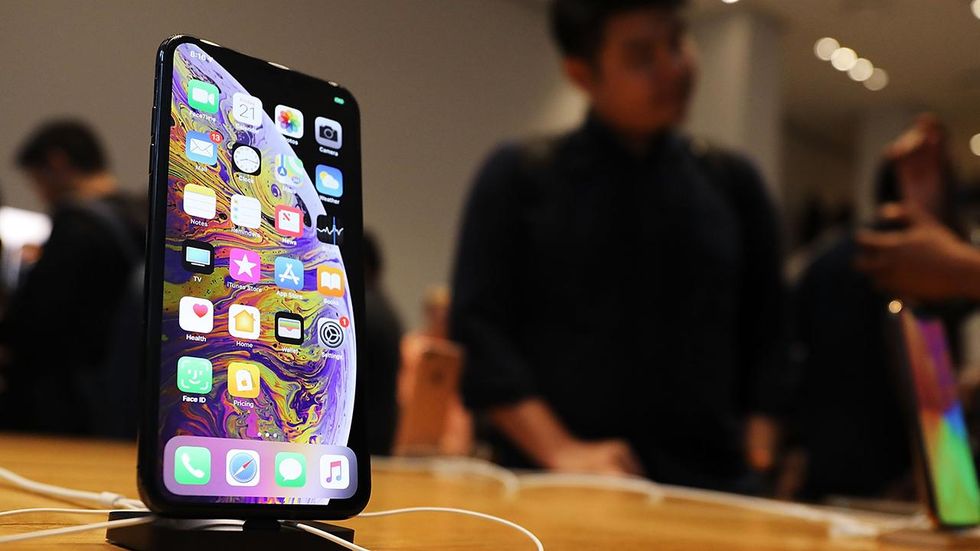Apple has quietly introduced “trust scores” that will be assigned based on how users use their iPhones and other devices, Venture Beat reported.
How is the score calculated?
The scores are derived by tracking the number of calls and emails made on Apple devices, an update to the company’s privacy policy states.
Apple claims the content of the communications is not used, and it can’t tell whom you called or what was said on the calls, Business Insider reported.
The score’s only stated purpose is to detect fraud. Apple did not provide specific examples of how this would work.
The provision appears in the iTunes Store & Privacy windows of iOS and tvOS devices:
To help identify and prevent fraud, information about how you use your device, including the approximate number of phone calls or emails you send and receive, will be used to compute a device trust score when you attempt a purchase. The submissions are designed so Apple cannot learn the real values on your device. The scores are stored for a fixed time on our servers.
Venture Beat noted that the provision is unusual partly because it includes Apple TVs, which are not used to make calls or send emails.
“As such, it’s unclear how Apple computes the device trust score for iTunes purchases made through Apple TVs, but there’s other potential ‘information about how you use your device’ that could be scraped and abstracted,” the report states.
Various published reports also noted that the wording in the policy could allow for a broad interpretation.
“The method is reminiscent of an episode of the dystopian TV series 'Black Mirror,' in which people are rated on their interactions with other people,” the Independent reported. “In the episode, 'Nosedive,' the ratings are used to determine a person's socioeconomic status, affecting their access to health care, transport and housing.”
Some social media users also made the comparison and called the new provision “dangerous.”
What does China do?
China already rates its citizens. The government employs a system that gives citizens a “social score” based on their behavior. People are also granted or denied various services based on their behavior. Some of the areas impacted can include education, jobs, and access to high-speed internet.
Apple last month became the first public company to be worth more than $1 trillion.
The new privacy provisions arrive with the release of the the iPhone Xs and iPhone Xs Plus on Friday.




